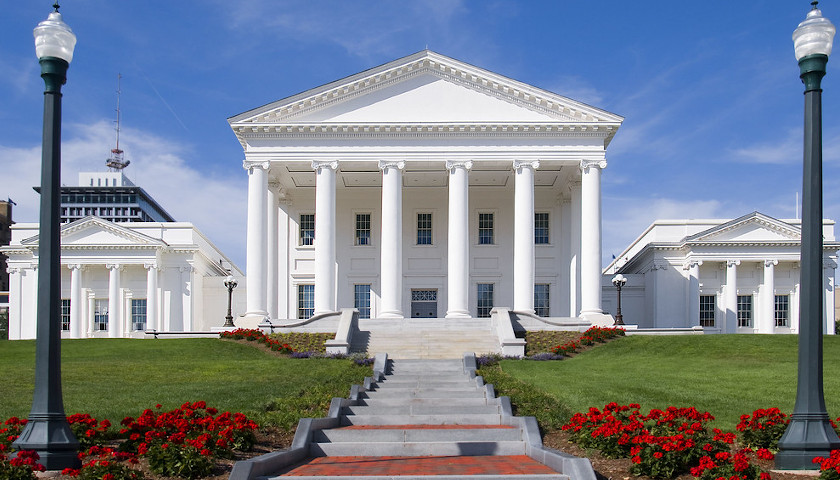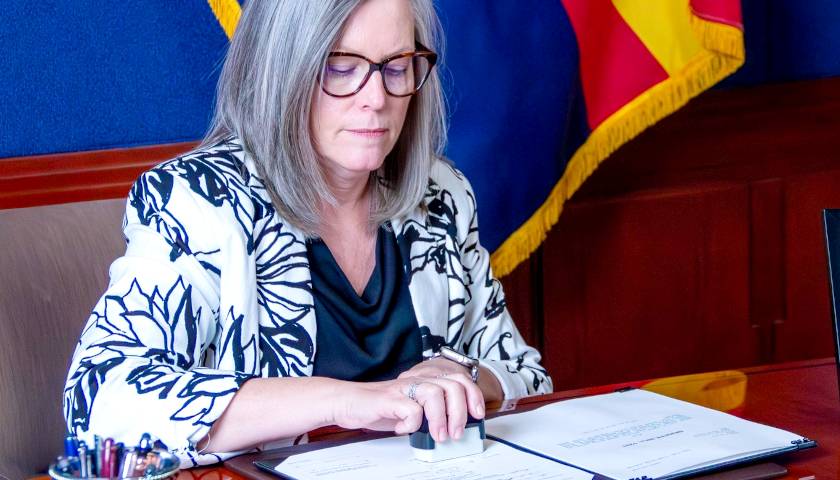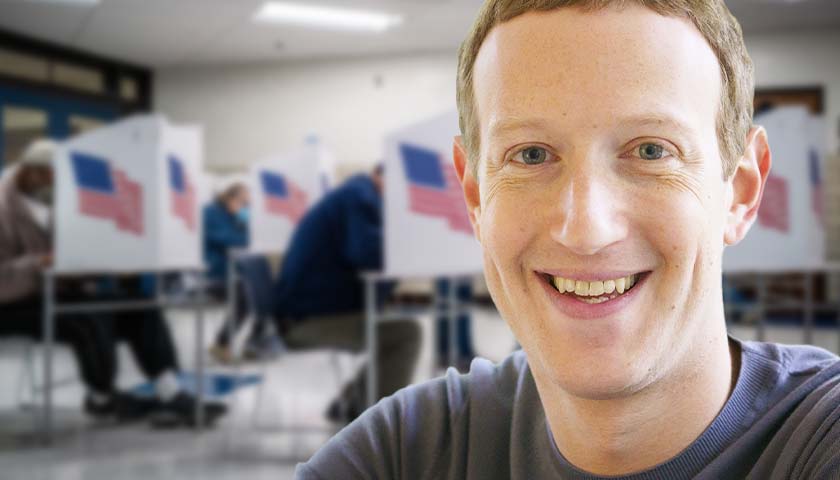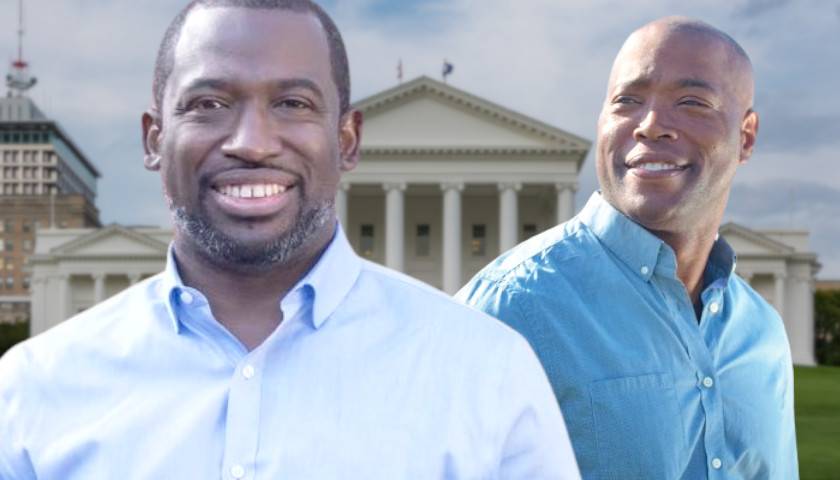The General Assembly has so far failed to find middle ground for tax breaks on forgiven Paycheck Protection Plan (PPP) loans, and will now form a committee of three senators and three delegates to reconcile differences between the two chambers.
While a Senate bill calls for a $100,000 cap on income deductions claimed under PPP expenditures, the House of Delegates bill calls for only a $25,000 cap. When the two chambers considered each other’s bills, the House modified SB 1146 to a $25,000 cap, while the Senate amended HB 1935 to a $100,000 cap. After passing the modified versions, both chambers then rejected the modified versions of their original bills. On Friday, the two chambers agreed to form a conference committee to work together to create a bill that can pass both chambers.
Although the procedural steps to go to conference played out this week, the move is not a surprise. House Finance Chair Delegate Vivian Watts (D-Annandale) said in committee on February 10 that this was part of the normal process.
The conference committee features four Democrats and two Republicans. Senate Finance and Appropriations Chair Senator Janet Howell (D-Fairfax), Senator George Barker (D-Fairfax), and Senator Stephen Newman (R-Bedford) will represent the Senate. Watts, Delegate Luke Torian (D-Prince William County), and Delegate Barry Knight (R-Virginia Beach) will represent the House.
State Secretary of Finance Aubrey Layne told The Virginia Star in January that not taxing the loan income would mean hundreds of millions of dollars of lost revenue. Layne said that since not all businesses got the same amount of PPP loans, giving them a tax break on the income would be unfair.
“There’s about $12.6 billion in PPP loans that were done in the Commonwealth [for] about 113,000 businesses,” Layne said in January. “But, we have about 250,000 businesses, which meant quite a few did not get the money and it wasn’t based solely on need, it was based on pretty much first come first serve.”
Delegate Lee Ware (R-Goochland) argued in the Finance committee that he preferred the Senate version of the bill. “The fiscal impact statement of course remarks on the state budget, as it probably should be, but what is omitted from that is the impact on the budgets of thousands of small businesses across the Commonwealth,” he said.
Ware said that businesses had expected to have be able to deduct all PPP expenditures. Watts replied that the federal decision to allow the deductions wasn’t made until December, months after the PPP loans were issued.
“I have no illusions over the fact that there are business who would benefit greatly from having more than a $25,000 cap on deductions,” Watts said.
Watts said she was trying to find a way to keep businesses who were not in as much need from taking advantage of the tax break, businesses that are “conveniently hiding behind giving to those who don’t have that level of need hiding behind those who do have a serious need.”
“It’s just going to be whether the worst happens, or the best of the worst happens unfortunately,” Delegate Glenn Davis told The Star on Tuesday. “How bad is Virginia going to hurt small businesses by taxing moneys associated with small business PPP loans?”
– – –
Eric Burk is a reporter at The Virginia Star and the Star News Digital Network. Email tips to [email protected].
Photo “Virginia State Capitol” by Ron Cogswell. CC BY 2.0.




